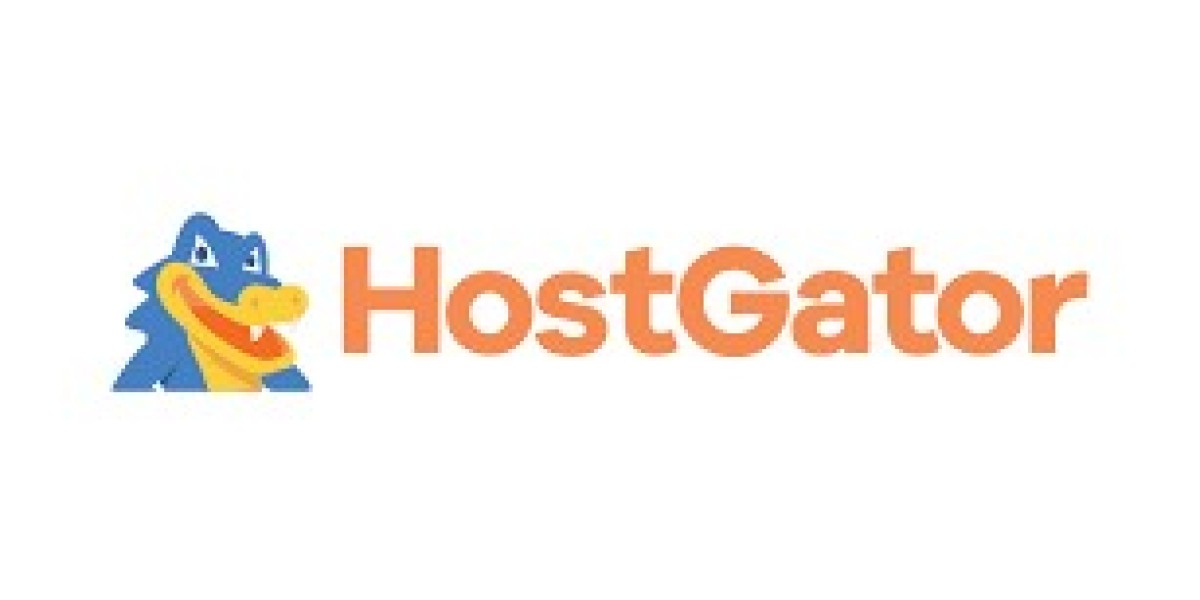Reseller hosting is a lucrative business opportunity that allows you to offer web hosting services to your own customers without the need for significant technical expertise or infrastructure. By partnering with a reliable hosting provider, you can leverage their resources and focus on building your brand and customer base. This reseller hosting business startup guide will provide you with a step-by-step approach to starting and growing a successful reseller hosting business.
1. Choose a Niche
Before diving into the reseller hosting business, it's essential to identify your target market. This will help you tailor your offerings and marketing strategies to meet their specific needs. Consider factors like:
- Industry: Focus on a particular industry, such as e-commerce, blogging, or small businesses.
- Customer Size: Determine whether you want to target individuals, small businesses, or large enterprises.
- Geographic Location: Decide if you want to serve customers in a specific region or globally.
2. Select a Reliable Hosting Provider
Your choice of hosting provider is crucial to the success of your reseller hosting business. Look for a provider that offers:
- Robust Infrastructure: Ensure they have a reliable network, high-performance servers, and data centers located in strategic locations.
- Scalability: The provider should be able to accommodate your growing customer base and increasing bandwidth demands.
- Comprehensive Features: Look for features like cPanel, WHM, SSD storage, unlimited bandwidth, and email hosting.
- Excellent Support: Choose a provider with a responsive and knowledgeable support team.
3. Create a Business Plan
A well-crafted business plan will serve as your roadmap for success. It should include:
- Executive Summary: A concise overview of your business concept, target market, and financial projections.
- Market Analysis: Research your target market, competitors, and industry trends.
- Business Description: Outline your business structure, products, and services.
- Marketing and Sales Strategy: Develop a plan to attract and retain customers.
- Financial Projections: Create a detailed financial forecast, including income statements, balance sheets, and cash flow statements.
4. Build Your Brand
Your brand identity is essential for differentiating yourself from competitors. Consider:
- Branding Elements: Develop a memorable logo, tagline, and website design.
- Online Presence: Create a professional website and maintain an active presence on social media platforms.
- Content Marketing: Produce high-quality content, such as blog posts, articles, and tutorials, to attract and engage your target audience.
5. Develop Your Pricing Strategy
Your pricing strategy will directly impact your profitability. Factors to consider include:
- Costs: Determine your costs, including hosting fees, marketing expenses, and operational costs.
- Competitor Pricing: Research your competitors' pricing to ensure your rates are competitive.
- Value Proposition: Highlight the unique value you offer to justify your pricing.
6. Set Up Your Reseller Hosting Account
Once you've chosen a hosting provider, you'll need to set up your reseller hosting account. This typically involves:
- Account Creation: Provide the necessary information to create your account.
- Server Configuration: Select the server type and resources that best suit your needs.
- Account Management: Learn how to manage your reseller account, including creating and managing customer accounts.
7. Develop Your Customer Acquisition Strategy
Attract customers to your reseller hosting business through various channels:
- Search Engine Optimization (SEO): Optimize your website to rank higher in search engine results.
- Pay-Per-Click (PPC) Advertising: Use platforms like Google Ads to target potential customers.
- Content Marketing: Create valuable content to attract organic traffic.
- Social Media Marketing: Engage with your target audience on social media platforms.
- Partnerships and Affiliations: Collaborate with complementary businesses to reach a wider audience.
8. Provide Excellent Customer Support
Exceptional customer support is crucial for building customer loyalty and referrals. Consider:
- Multiple Support Channels: Offer various support options, such as email, live chat, and phone.
- Responsive and Knowledgeable Staff: Ensure your support team is well-trained and can address customer inquiries promptly.
- Self-Service Resources: Provide a knowledge base or FAQ section to help customers find answers independently.
9. Continuously Improve and Expand
To stay competitive, it's essential to continuously improve your business and explore new opportunities. Consider:
- Upselling and Cross-Selling: Offer additional services, such as domain registration, website design, or SSL certificates, to increase revenue.
- Technology Adoption: Stay updated on the latest industry trends and technologies.
- Feedback and Customer Satisfaction: Gather feedback from your customers to identify areas for improvement.
- Network Expansion: Consider partnering with other businesses or expanding your geographic reach. Know how to contact hostgator email support easily with our guide.
Conclusion
Starting a reseller hosting business can be a rewarding venture. By following these steps and providing exceptional service to your customers, you can build a successful and profitable business. Remember to focus on your niche, choose a reliable hosting provider, and continuously strive to improve your offerings. With dedication and perseverance, you can establish yourself as a trusted and respected reseller hosting provider.









